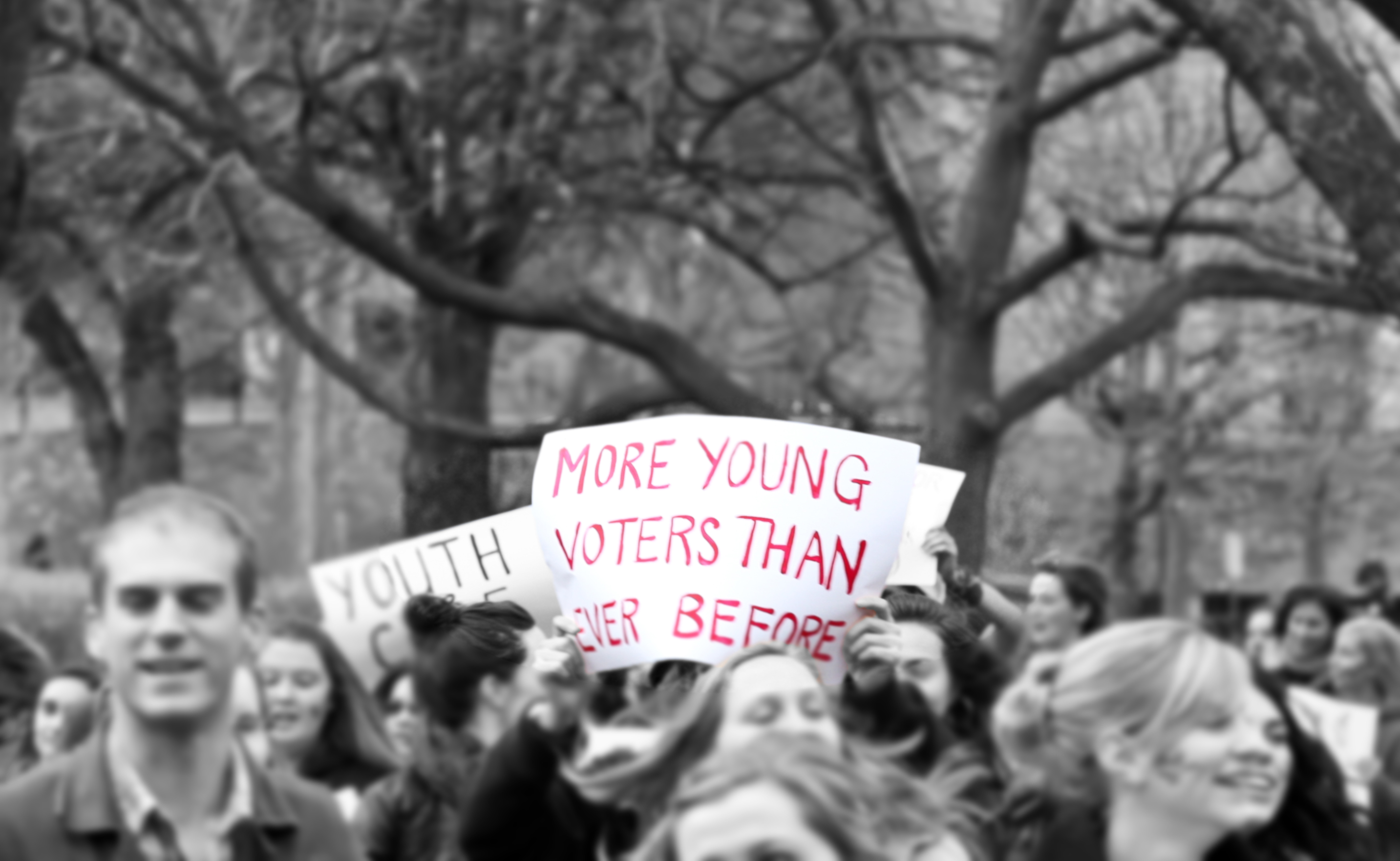The real winners in last week’s general election were the youth. With the Conservatives losing their majority and the Labour party, whilst making impressive gains, falling short, it is the young people of Britain who can come away from the election knowing that their job has been done.
Corbyn’s Labour were only able to take seats from the other parties by galvanising the youth vote. This was most obvious in key student constituencies; Labour gained Sheffield Hallam (former deputy PM Nick Clegg’s constituency) and our very own Leeds North West from the Liberal Democrats, as well as taking Cardiff North from the Tories. The results are clear: young people voted in favour of Labour and this translated to key seat changes.
Now, it would still be easy to look at these results and conclude that students have lost. Although Labour, who students overwhelmingly supported, did make key gains, it looks like we will still have a Conservative government, propped up by the DUP. However, the galvanized youth vote means that the political goalposts have been moved. This surge in youth political engagement translates to young people calling time on being treated like a political football. Senior policy devisers in all parties, not just in Labour, will know that appealing to the youth vote is no longer a waste of time but has become essential for electoral success. The predicted statistics for voter turnout in young people aged 18-24 rose from 43% in 2015, to a huge 72%. Unfortunately, those initial predictions appear to have been optimistic, with the latest YouGov figures suggesting that the number is closer to 58%. However, this is still an impressive increase and means youth engagement has been a key factor in the result of this general election. In theory, that would signal an end to the days of politicians ignoring the younger part of the electorate, an end to broken promises about issues such as tuition fees and student loans. In fact, policies which appeal to the youth could become central to future manifestos, all because young people made sure their voices were heard.
The Labour party did effectively tap into social media by using Facebook, Instagram and Snapchat to get their messages into the youth-dominated digital world. But the increased youth turnout is more complicated and shouldn’t be attributed simply to effective marketing by the Labour party. It was friends encouraging each other to register to vote, people engaging in debate on their Facebook statuses and, most importantly, young people making sure that they visited their polling station and cast their all important ballot on polling day. This was a movement of the youth taking back control of their democratic rights; a movement that was fed up of being cast aside by mainstream politics and a movement that was doing something about it.
The key point is that young people have always been ready to engage. On the part of the young people, the political interest has always been there. They were simply crying out for the kind of positive campaign which spoke directly to them about issues which were relevant to them; a campaign which would make them feel included in the system, a real reason to politically mobilise. Jeremy Corbyn and Labour’s campaign should be held as a positive example for future elections so that a continued increase in youth political engagement is encouraged across the political spectrum. If the aforementioned figure of 58% is correct then it’s a big step in the right direction, but there is still a long way to go to reach the 80%+ voter turnout amongst those over 70. This can’t be the end of the movement, with another election within the next year seeming likely, this election must mark only the start of the growth in youth engagement.
Whatever your political inclination may be, youth issues being at the centre of British politics can only be a good thing. Policy devisers may look to appeal to young people with favourable policies on housing, no longer restricting minimum wage increases to the over 25s and through reforming the higher education system. It may seem unclear where the future of British politics lies, but one thing is for sure, the youth have seized control of their democratic rights for the first time in a generation.
Rory Shell
(Image courtesy of BridgeWorks)

